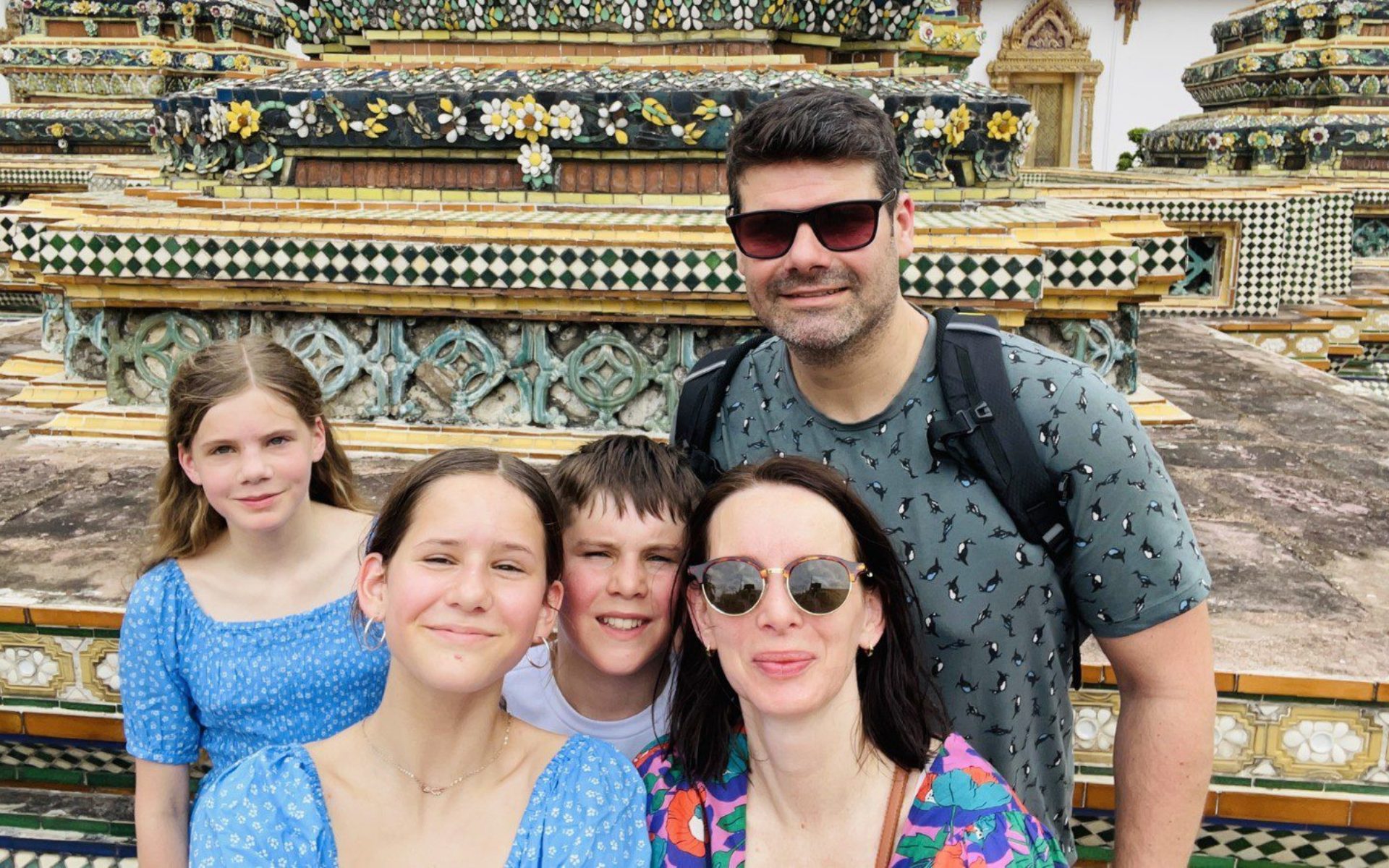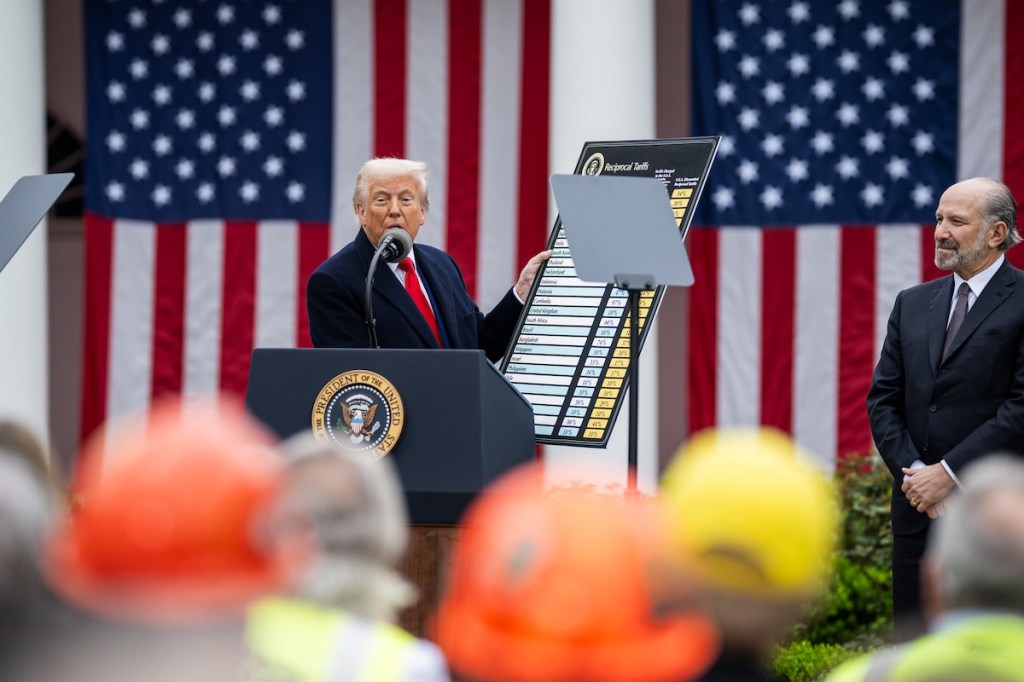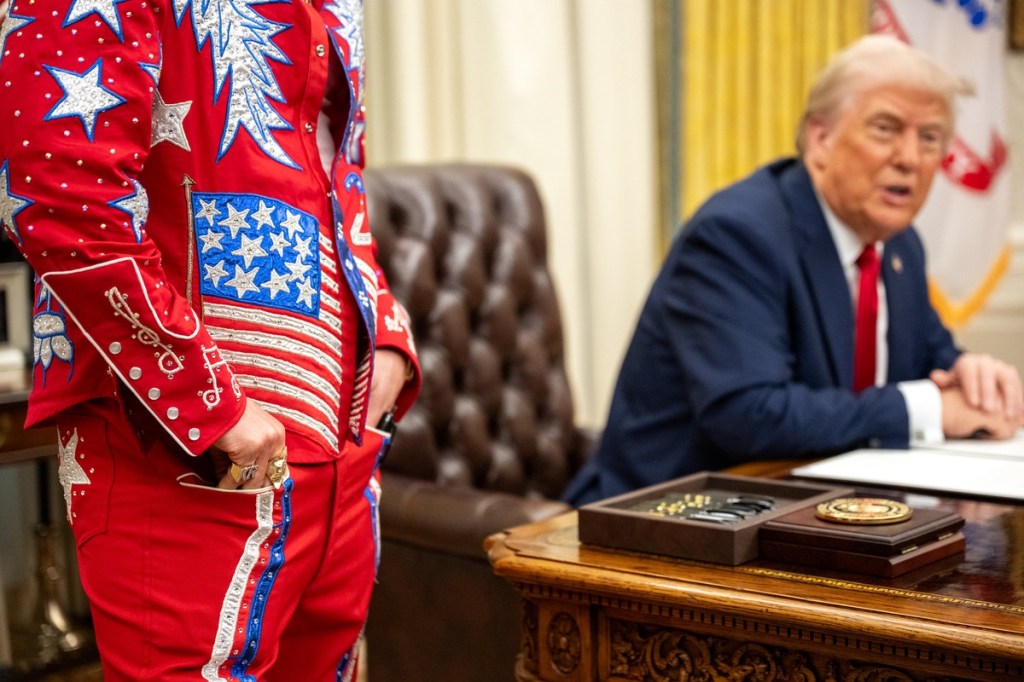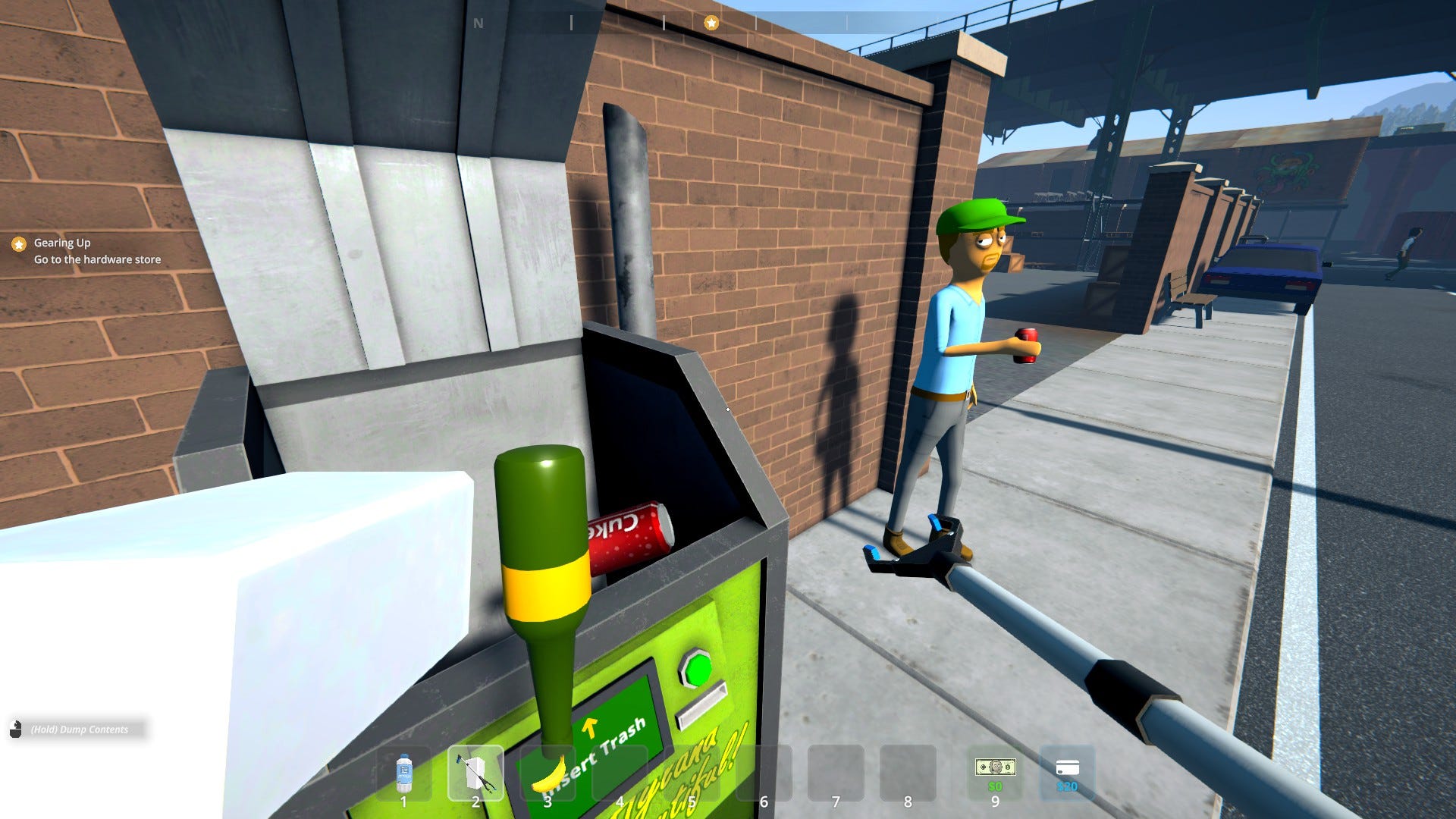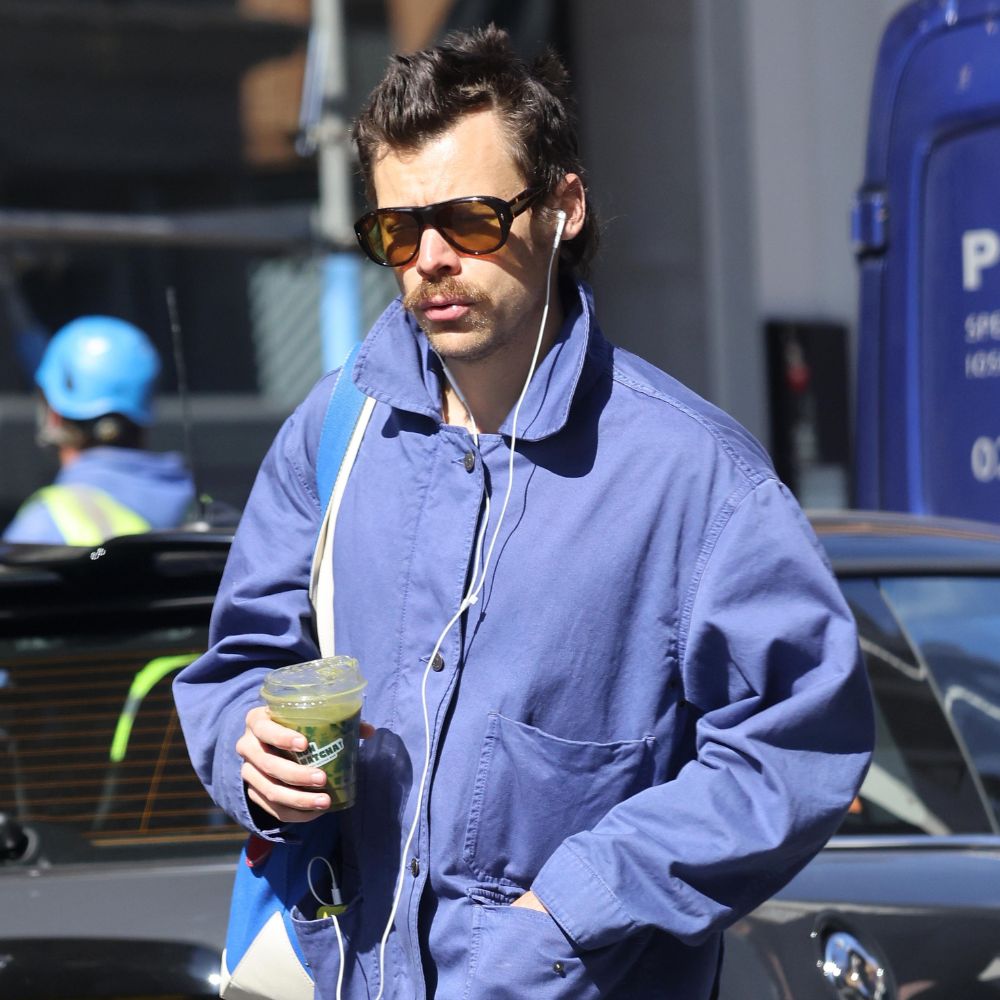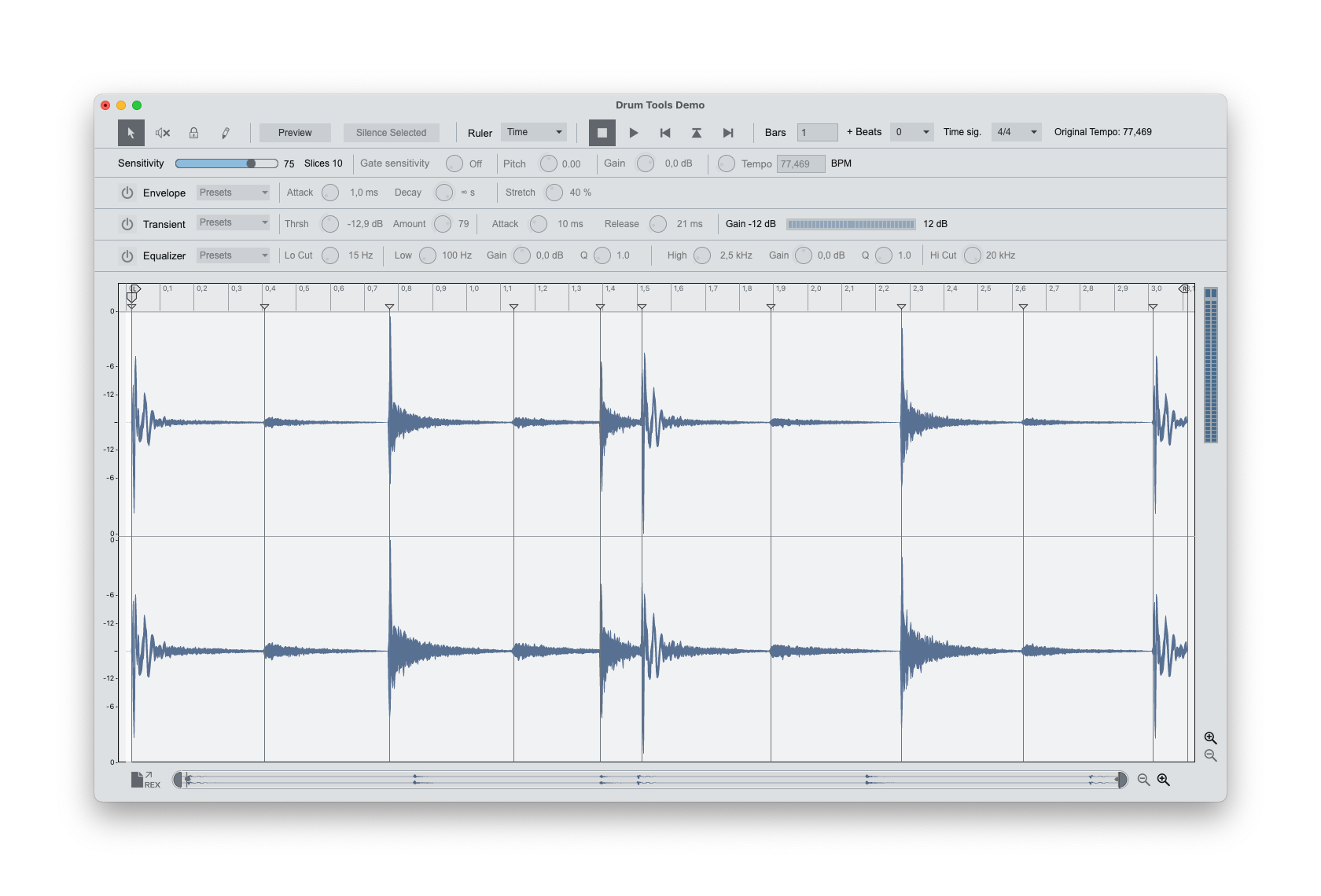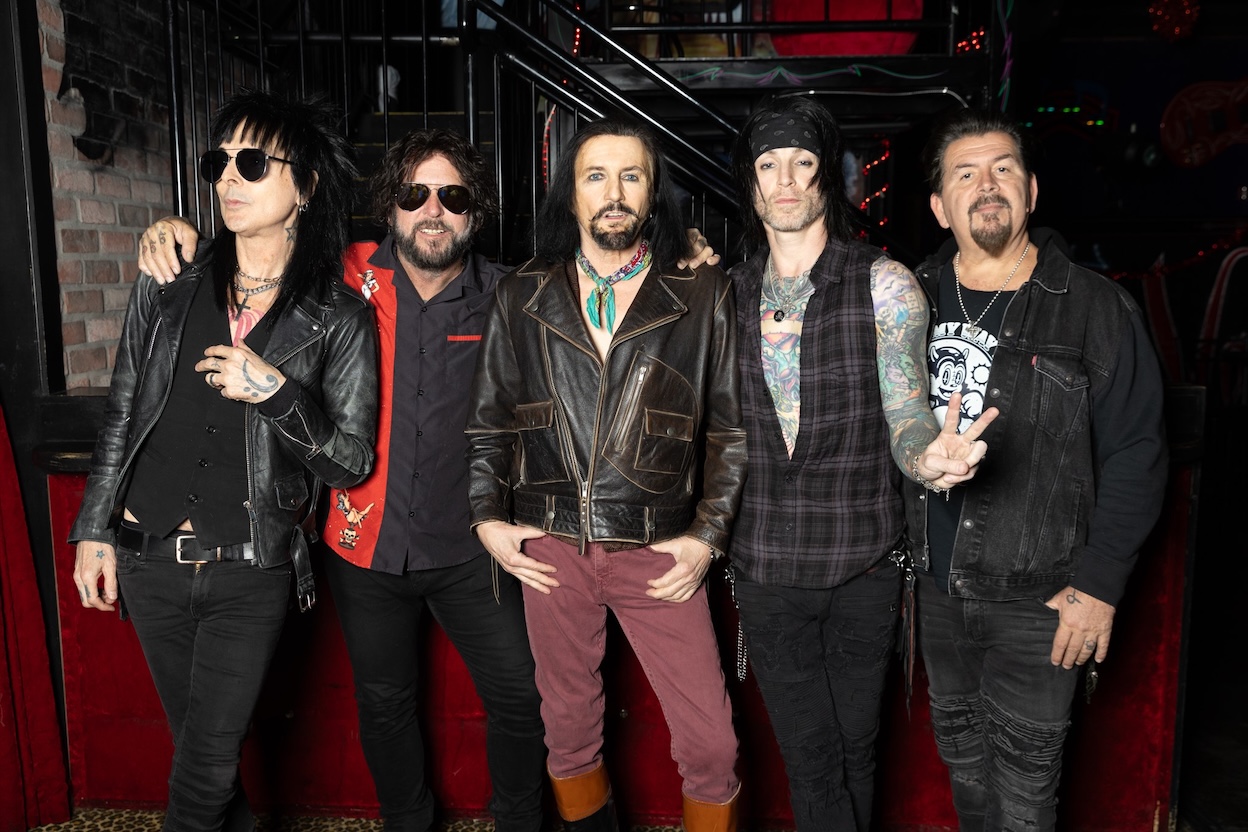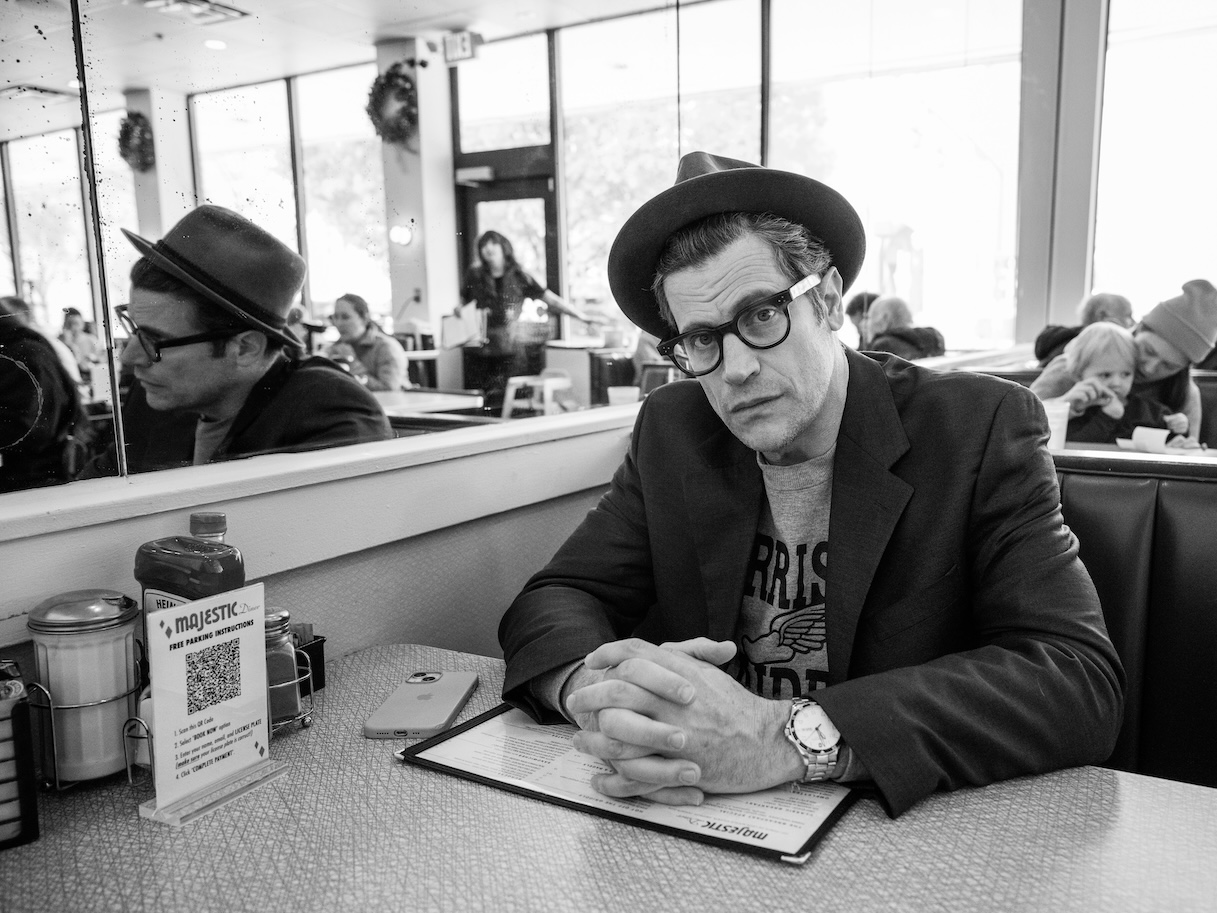The Encampments Review: An Inspiring, Essential Portrait of Collective Action
A group of students, primarily led by minority voices, launched encampments in protest of Columbia University’s financial ties to companies with the express purpose of advancing weapons and technology to fuel the war machine. Police were called in to forcefully squash the protests. The activism and those involved opened the eyes of the nation and […] The post The Encampments Review: An Inspiring, Essential Portrait of Collective Action first appeared on The Film Stage.
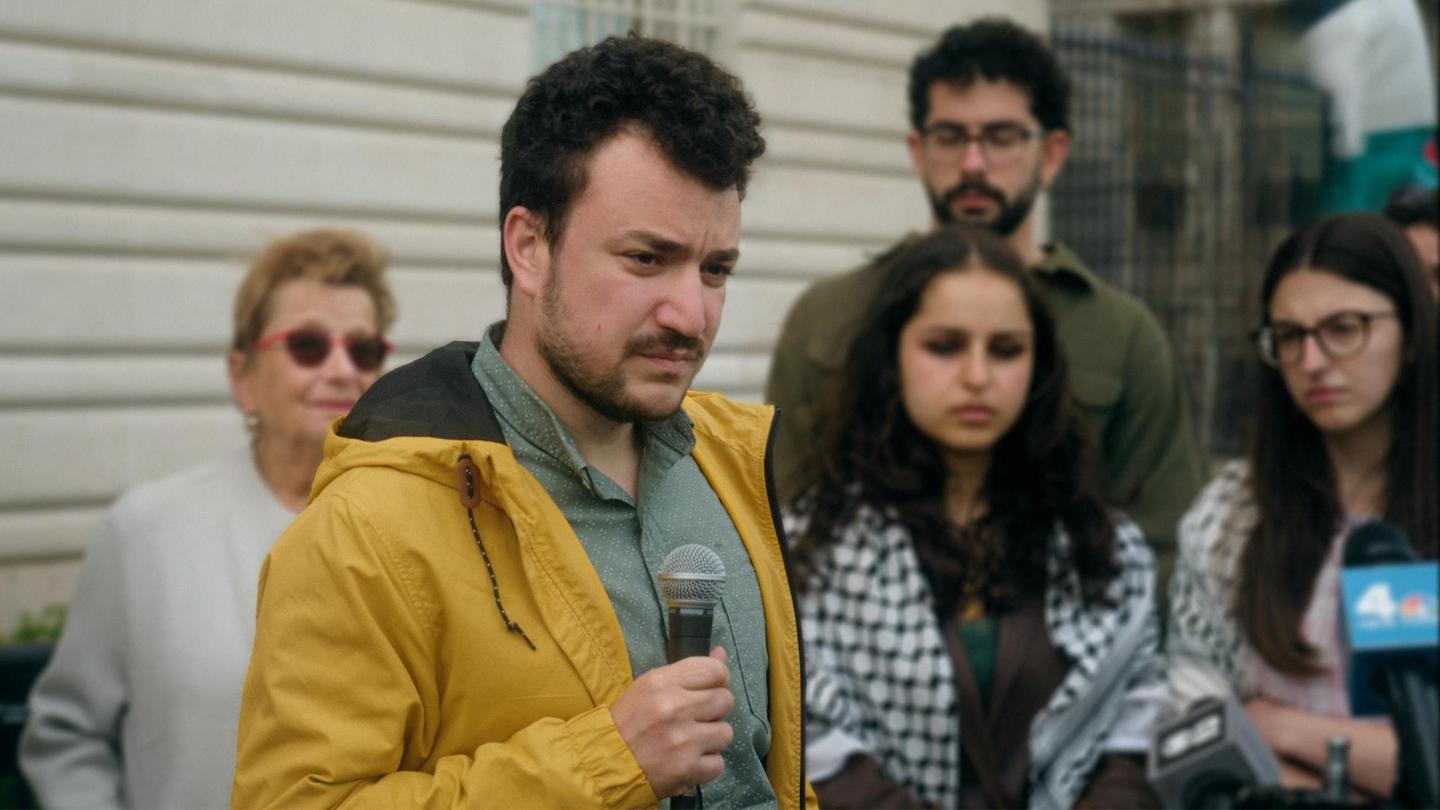
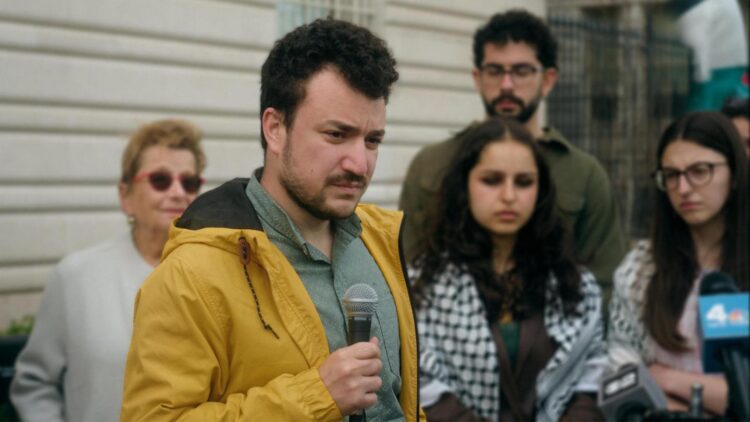
A group of students, primarily led by minority voices, launched encampments in protest of Columbia University’s financial ties to companies with the express purpose of advancing weapons and technology to fuel the war machine. Police were called in to forcefully squash the protests. The activism and those involved opened the eyes of the nation and globe, advancing critical thinking and free thought in the name of progress. The year is 1968. Over half a century later is history repeating itself, but this time with more assertive opposition, distortion of facts, and willful ignorance of the suffering on the part of those in power.
An essential document of a moment in time for a story very much still unfolding, The Encampments is a thorough, engrossing portrait of the Gaza Solidarity Encampment. Beginning in April 2024, the protest was formed by Columbia University students who called for their university to divest from U.S. and Israeli weapons companies that are aiding in the deaths of thousands upon thousands of Palestinian people. With insights from those most directly involved in the protests––including many now fearing for their safety and future as America’s newly instated fascist regime continues to strip rights––the documentary becomes a sobering, infuriating look at the dismantling of free speech and nefarious, calculated ways those in power will go to any lengths to silence those that are of opposing interests. Rather than employing a bleak view of persistent struggle, directors Michael T. Workman and Kei Pritsker find the unfolding story’s hope and inspiration, crafting a powerful, clarifying portrait of collective action. As other universities and organizations drew inspiration, we witness how small acts of courage can cause ripple effects worldwide.
While most media coverage of the encampments has come from those who have never stepped foot inside––we witness news clips of protestors being dismissed as “radical” and “extreme” anti-semites and Hamas sympathizers––the documentary provides a necessary course-corrective. On the contrary, footage shows organizers telling newcomers of community guidelines for peaceful protests: no engaging with counter-protestors and no speaking to cops. Their aim is one in the name of internationalism, not division. The encampments themselves become a beautiful microcosm of society: donations from alumni and local restaurants ensure everyone is well-fed between sessions of unifying singing and chanting. News breaks update on the death tolls in Gaza, a further reminder of the necessity of their cause. Charting the story of on-the-ground footage are talking-head interviews with the brave individuals who helped to lead the protest––among them Mahmoud Khalil, Sueda Polat, Grant Miner, and Naye Idriss––as they break down moments of pressure and triumph.
Cogently laying out facts of the protests, they discuss Columbia University’s $14 billion endowment, which includes investments in General Electric and Lockheed Martin, companies that flourish in times of war through production of weapons and information technology. The protest calls for divestment, an act the university easily fulfilled when it came to Russian ties as war in Ukraine advanced, yet no one paid attention because it’s exactly in line with U.S. geopolitical interests. As the administration fears blowback from donors, they cravenly change all protest rules overnight, calling for student suspension of those involved, even though previous punishment was a written warning. This was done under the guise of “physical danger” to the community, when all protesters were doing was staying in their designated area and singing songs.
With financial interests at stake, Columbia’s decisions grow ever more suspicious. We hear from an anonymous, high-up communications department employee who was told to strike any mention of Palestine in official updates while keeping Hamas. When they attempted to fight back in order to shed light on Palestinian deaths, they were admonished and told not to fall into “a skewed perspective.” Perhaps one of the most frightening points of The Encampments is showing just how far right-wing, conservative talking points have seeped into institutions whose very foundation should be geared toward the betterment of humanity and ubiquitous interest in assisting those in peril across the world, particularly with student bodies that represent a diverse cross-section of the globe.
Constructed with a stirring, urgent sense of immediacy over its fleet 80 minutes, with a festival run truncated and theatrical release fast-tracked after ICE agents arrested and detained Khalil in early March, The Encampments is only the beginning of a story, but one that clearly and effectively documents who will be on the right side of history. Part of The Encampments’ power is in its simplicity: while the past is touched upon, Workman and Pritsker’s aim is to place you directly in the center of the movement while raising vital questions. Why should a university have investments in weapon manufacturers? Why should financial interests override the safety and well-being of students? Why can’t the mainstream media and those in power differentiate between anti-Zionism and anti-semitism? “Bravery is very courageous,” says Maya Abdallah, a UCLA-based Palestinian student inspired by Columbia’s actions. Due to the bravery of the student body, 300 other encampments sprouted up across U.S. campuses, resulting in over 3,000 arrests. Here’s a documentary that shows that if there’s a cause you believe in, let your voice be heard––the response may be unexpected and overwhelming.
The Encampments is now in limited theaters and expands on Friday, April 4.
The post The Encampments Review: An Inspiring, Essential Portrait of Collective Action first appeared on The Film Stage.






![‘South of Midnight’ Weaves a Heartfelt Tale Set In a Gorgeous World [Review]](https://bloody-disgusting.com/wp-content/uploads/2025/04/southofmidnight.jpg)
























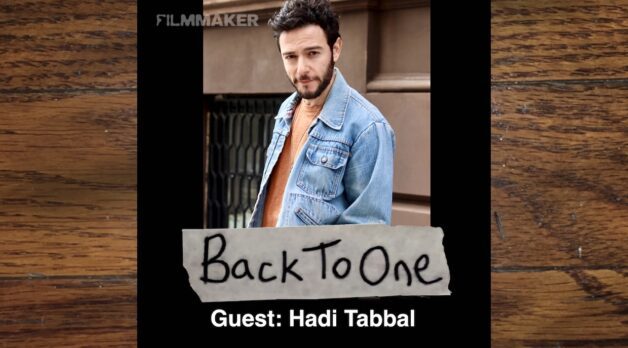






























































![‘The Bondsman’: Kevin Bacon & Erik Oleson On Demon-Hunting, Musical Redemption, ‘Tremors,’ Marvel, DC, & More [Bingeworthy Podcast]](https://cdn.theplaylist.net/wp-content/uploads/2025/03/04152419/THE-BONDSMAN_TRAILER_KEVIN-BACON_AMAZON-PRIME-VIDEO_APRIL-3_.jpg)














